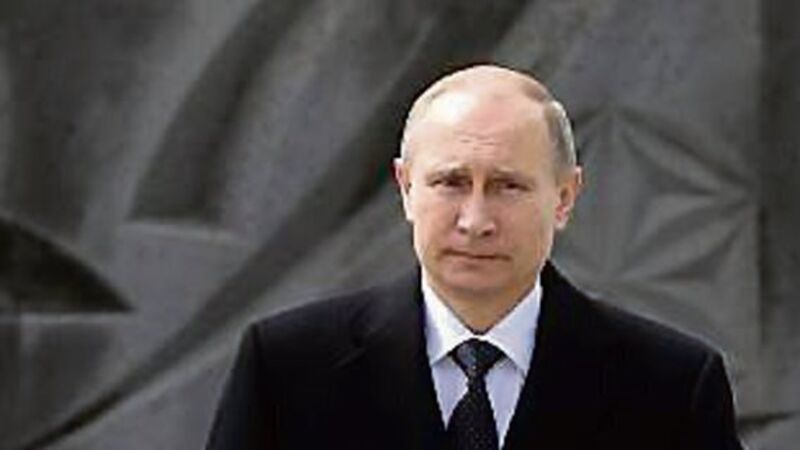Dairy concerns over extension to Russian ban on food imports

The funding is provided by the European Agricultural Guarantee Fund and is paid under two extraordinary schemes introduced by the European Commission at the end of 2014 to permanently restore balance to the market in fruit and vegetables in the EU.
Farmers from the districts of Blagoevgrad, Varna, Veliko Tarnovo, Dobrich, Kardzhali, Pleven, Plovdiv, Razgrad, Sofia-district, Stara Zagora, Haskovo, and Shumen received aid for the losses incurred due to the Russian embargo on Western food imports.










